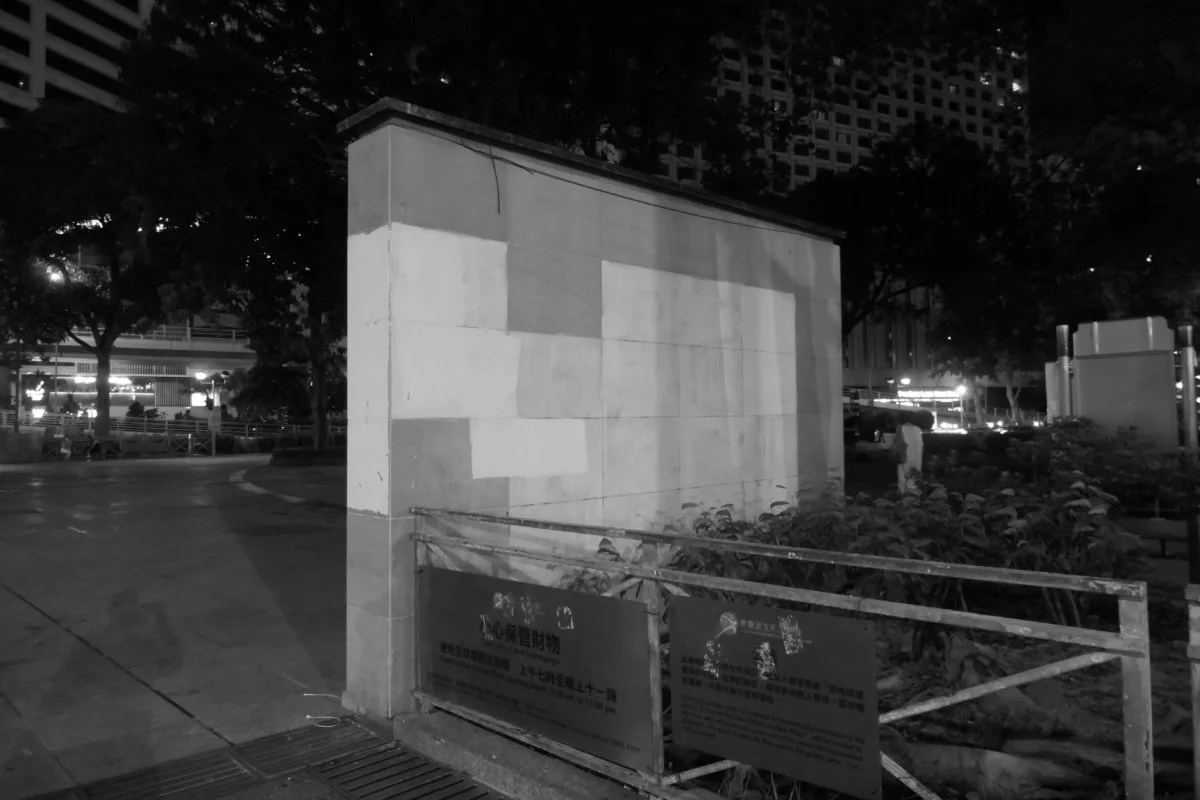What can’t be said about Donald Trump? His egoism. His petty silliness. His destructiveness of revered institutions. That covers almost everything. And, he has no sense of humour. Humour – to give, and more importantly, take – is a necessary leveler for any leader who has a bit of power. You would think that Trump, with his past mistakes, missteps, his sour demeanour, fondness for glitz and total misreading of satire and irony, would be off-putting to American voters. He surely has no chance to be re-elected for a second term, has he? Hasn’t he? American presidential election pundits, however, hesitate to entirely dismiss his chances against his Democratic rival, Joe Biden.
Wishful thinking is rarely a good strategy in life, let alone politics. Supporters of Hillary Clinton’s run to be the U.S. commander-in-chief still bristle knowing this! Clinton lost the last presidential election, rather than Trump winning it. To be declared a winner, voters must actually cast their vote for a candidate on election day. Hong Kong’s Legislative Council election is on 6 September – in a short two months’ time! After the great electoral successes by pan-democrats at the last District Council elections, winning 90% of seats, the coming Legislative Council was going to be a shoo-in for the pan-democrats. Everyone said so after that election night victory. Down at the Liaison Office, they also thought so!
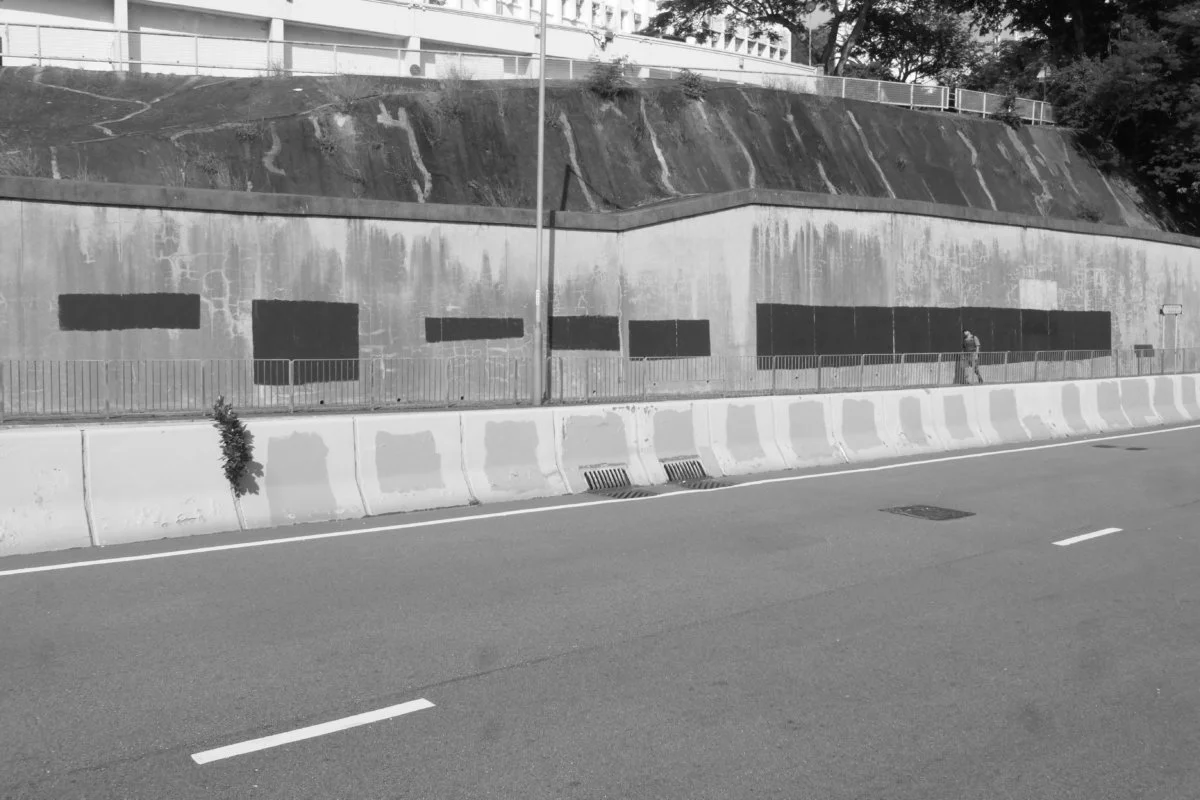
So, as Hong Kong’s anti-government protests continued into 2020, (other) strategies to curtail the protests were being considered in Beijing. The ultimate strategic manoeuvre, announced just weeks ago, was to quickly enact and bring into force (at precisely 11pm on 30 June 2020) Hong Kong’s new national security law. Immediately, ‘one country, two systems’ suddenly shifted in weight towards one country. The absolute red line of political acceptability had previously been drawn last year by the central government: calls for Hong Kong independence were unacceptable. Now, the new national security law encompasses subversion, secession, terrorism and collusion with foreign powers. These areas would have been covered in the provisions of Article 23 of the Basic Law if Hong Kong had ever debated and passed that law through the Legislative Council, and, it would have been written with the common law in mind. The new national security law is mainland law-styled and many provisions are ambiguous.
Now both sides of the political divide have immediately jumped-in to tell the public what they think is and isn’t legal under the new law. For example, the government quickly declared that protesters chanting “Liberate Hong Kong, revolution of our times” would be infringing the new law. However, in Hong Kong, it remains that our independent judicial system, hearing evidence in court, will decide if any law has been broken by an individual. The great proviso to the time-tested common law process of judicial review up to and including the Court of Final Appeal, is that the new law has a mainland veto. In any cases of ambiguity (or disagreement with a decision) the NPC standing committee could be the final arbiter and override any decision by a Hong Kong court.
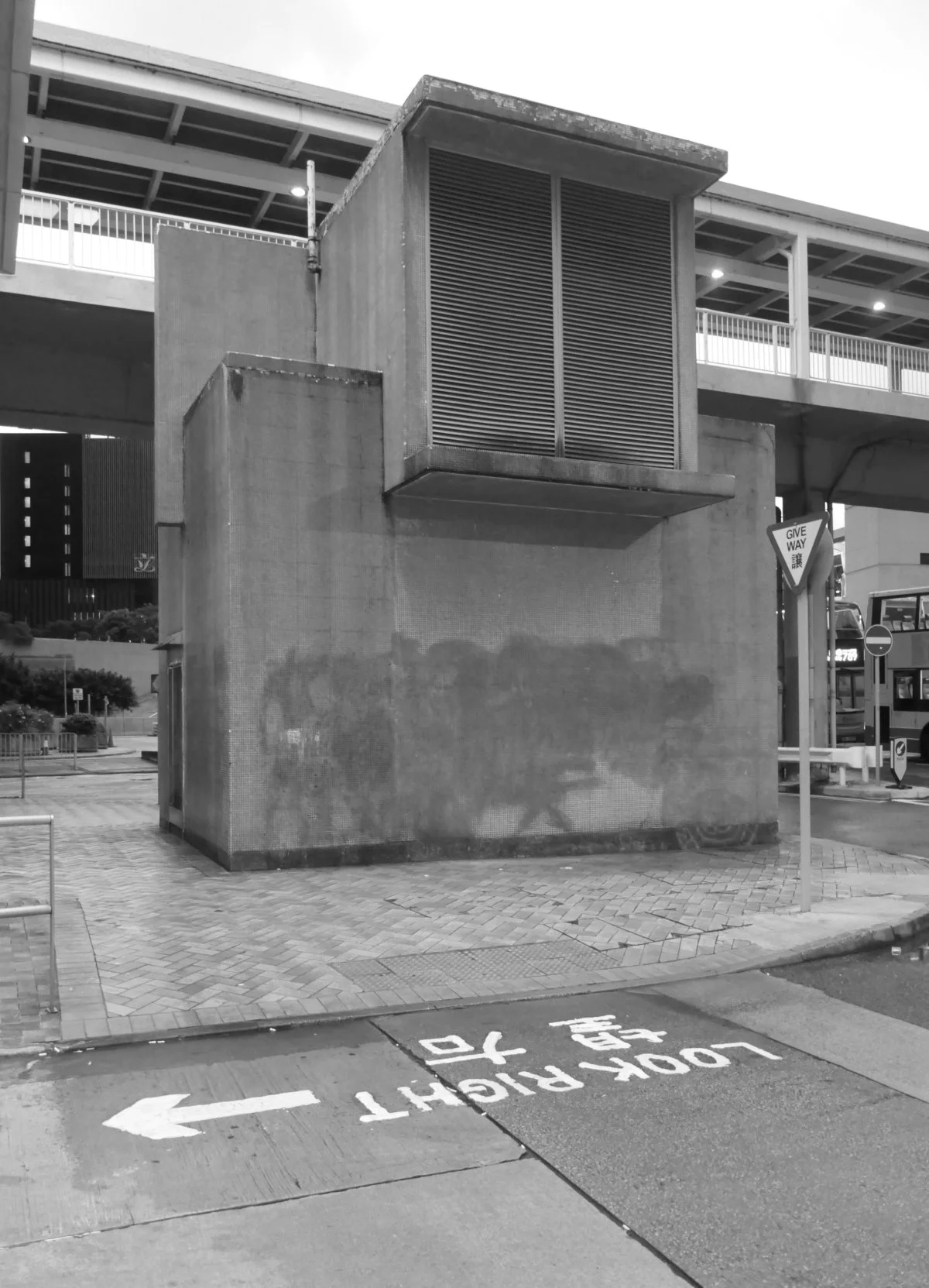
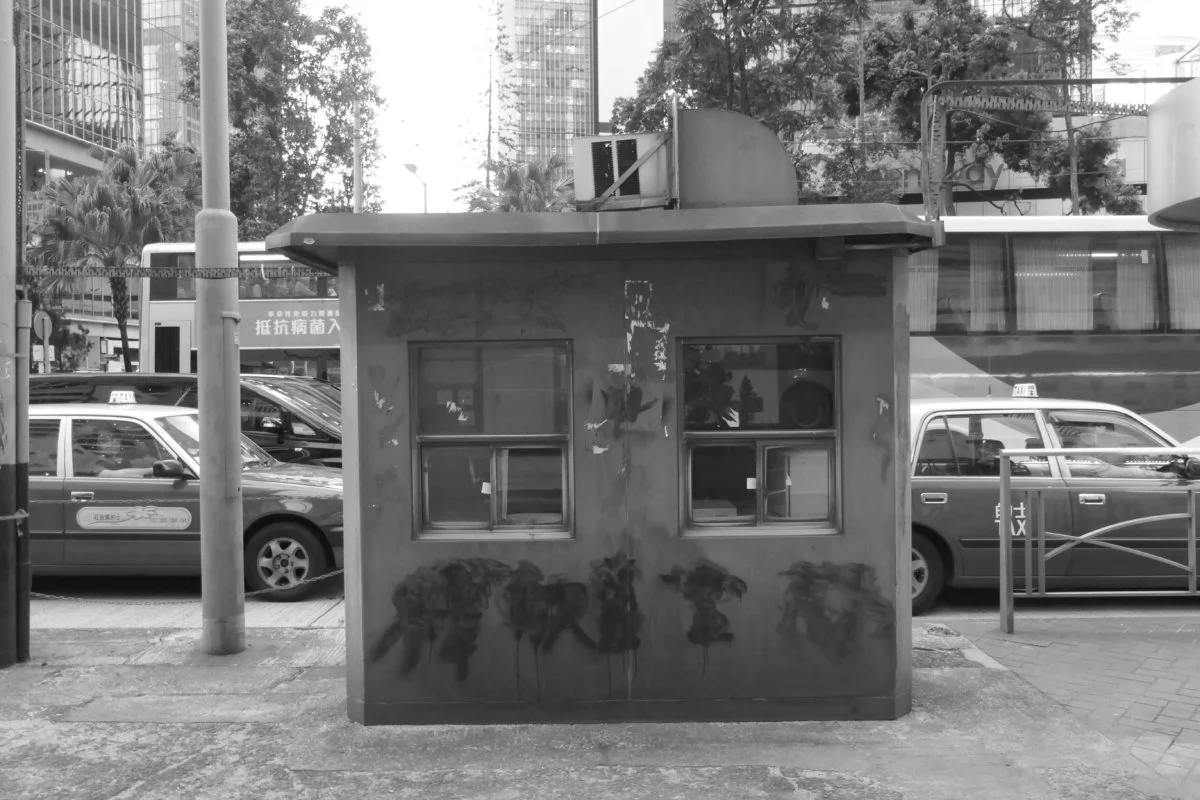
We are in murky waters – the provisions of the new law are untested and its boundaries are unknown. We wait to see how the police enforces and how our courts preside prosecutions under the new national security law. And wait, to see if the mainland overturns any Hong Kong judicial decisions.
In the meantime, public behaviour is being curtailed. Apprehensive users are changing their Facebook names to pseudonyms and yellow economy businesses are removing provocative signage. But, veteran opponents of the central government have a new choreography. The Falun Gong continues canvassing on the pedestrian bridge leading to Immigration Tower in Wan Chai, as they have for many years. Rather than showing older banners and messages condemning an “evil government”, they now appear to be employing a muted approach, simply saying that, “Falun Dafa is Good” and “Being Truthful, Kind and Patient is Good.” On the walls of Hong Kong’s pedestrian overpasses and underpasses, and in some yellow economy shops, written protest post-it messages have been replaced by blank post-it messages of different colours. The silence of the empty messages is as powerful as the text messages they replaced. Similarly, blank pieces of paper are now held aloft by protesters as they ‘shop’ in shopping malls: the papers’ blankness is a metaphor for the stifling of free speech. Although, the extent of that stifling is still untested.
This metaphor is ironically replicated on the city’s walls. Official efforts to clean anti-government graffiti has had the same result: painted-over slogans. The slogans can easily be erased, but what is in people’s hearts is not so easy to shift.
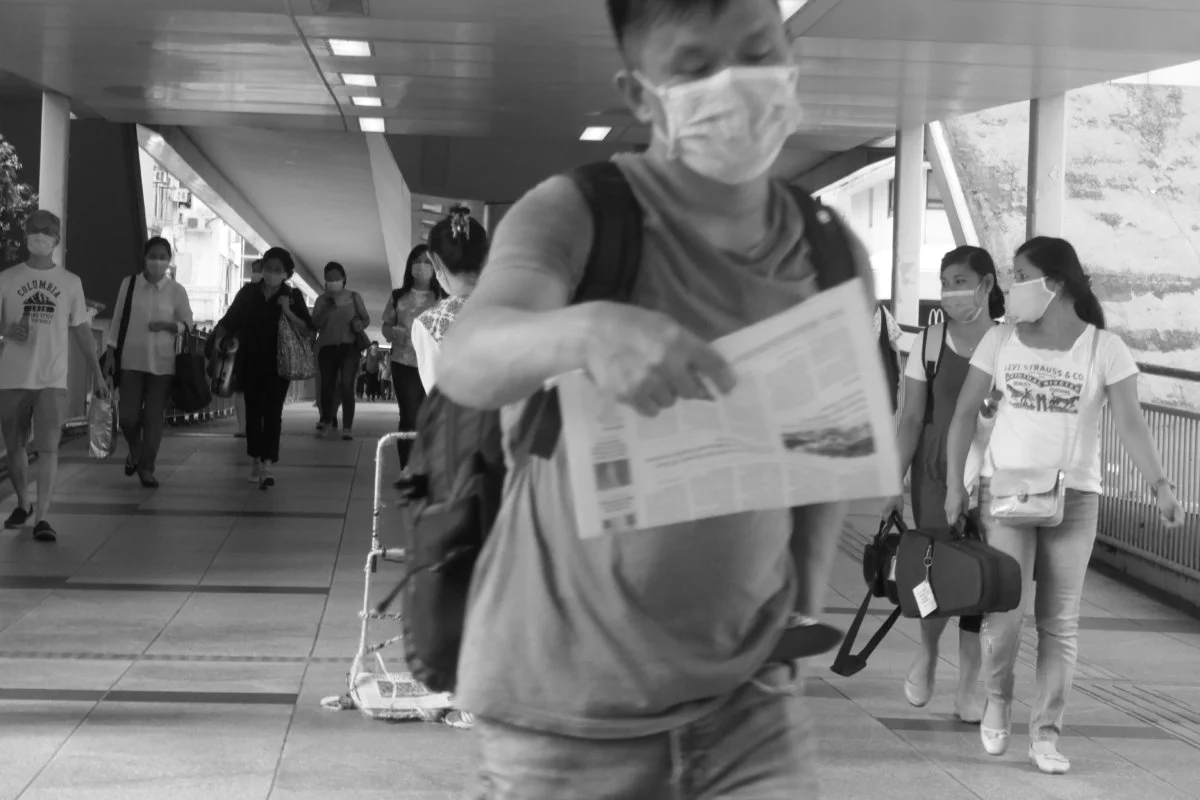
The Hong Kong public immediately recognized that the political landscape changed on 1 July 2020. But do pan-democrat politicians? Before the national security law was announced, pan-democrats had vowed, if they won a majority of seats at the forthcoming election, to completely block the work of the Legislative Council to force the government to deal with protesters’ ‘5 demands.’ It’s different now.
I suspect the public is now looking for rational, strong pan-democrat leadership in the Legislative Council, as it is the one legitimate forum that allows free speech and oversight of government policies. The days of such ‘tactics’ as continual filibustering, play-acting and physical confrontation are now over in the Legislative Council. It is the one place where vigorous debate is relatively safe and so necessary to tackle a re-energized Hong Kong administration that has the backing of a hardline national security law.
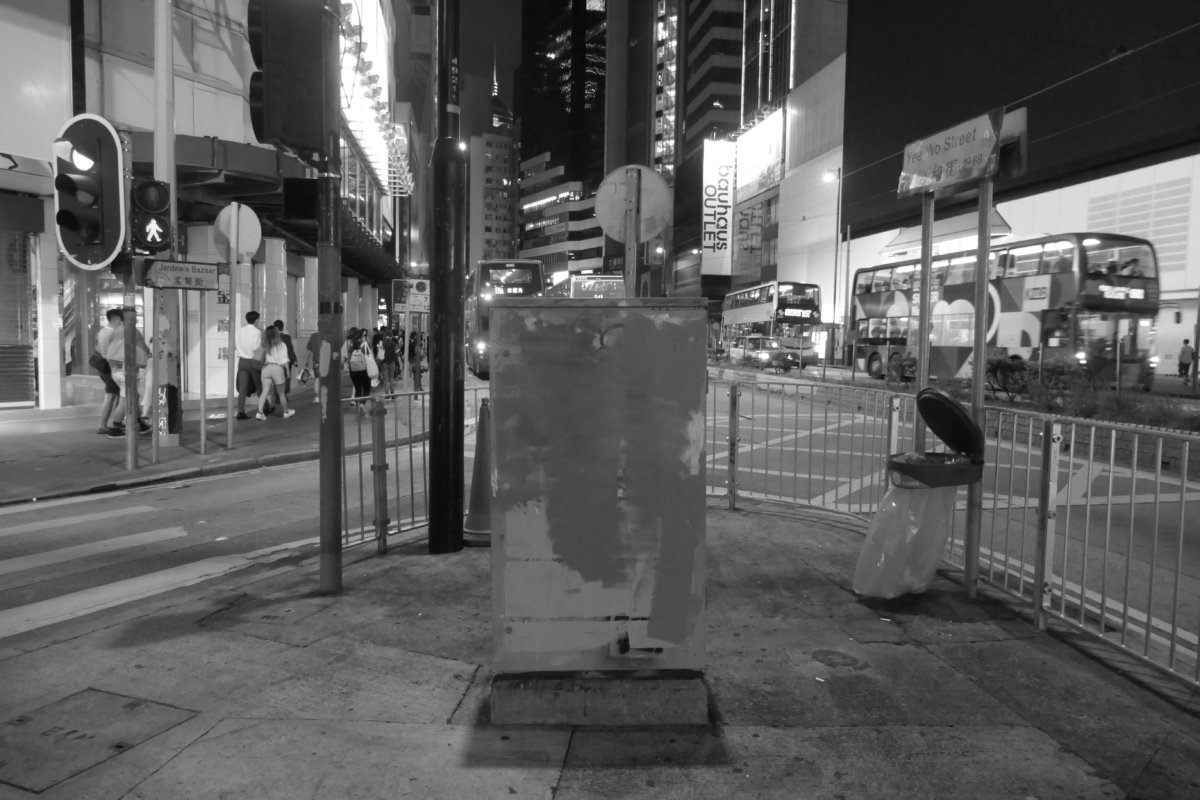
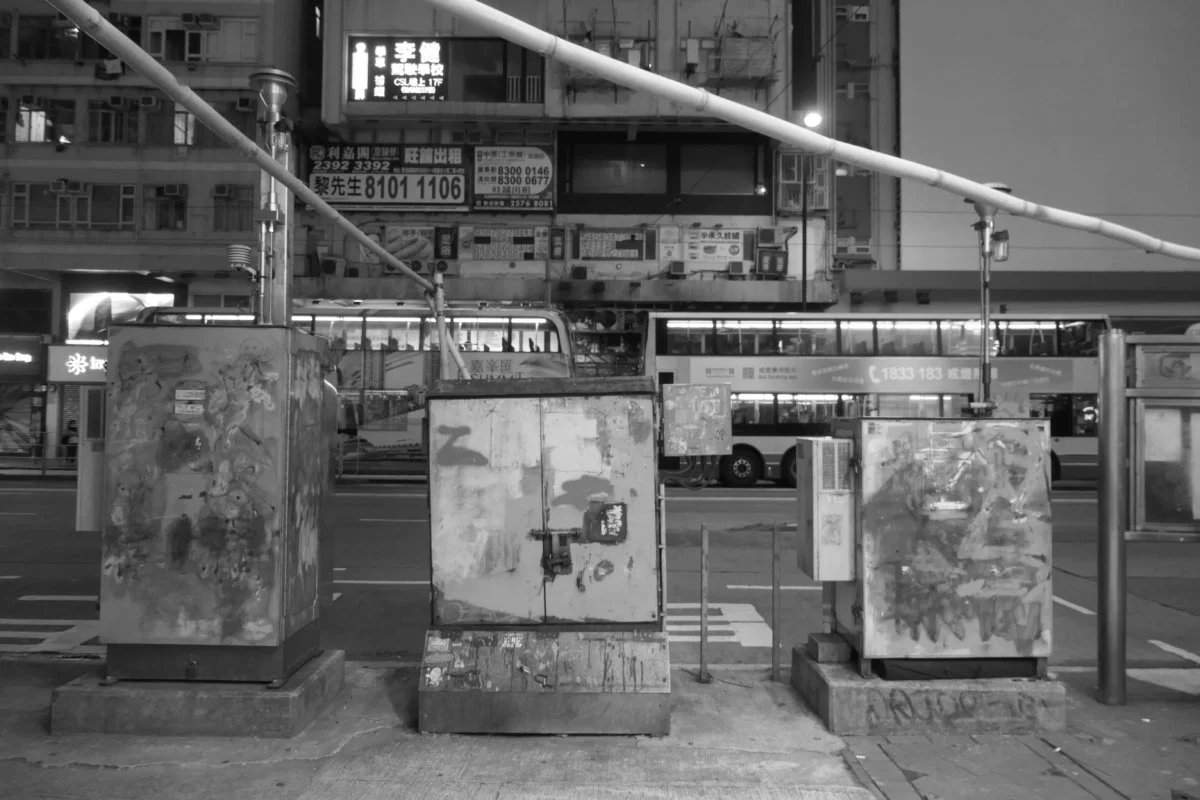
The pan-democrats should come together and vigorously tell their electorate that they have also changed, that they will be a strong opposition that will propose policy alternatives in all areas of government administration. Or else, it will be wishful thinking that they easily replicate their electoral success of the recent District Council election. Easy is never easy!
